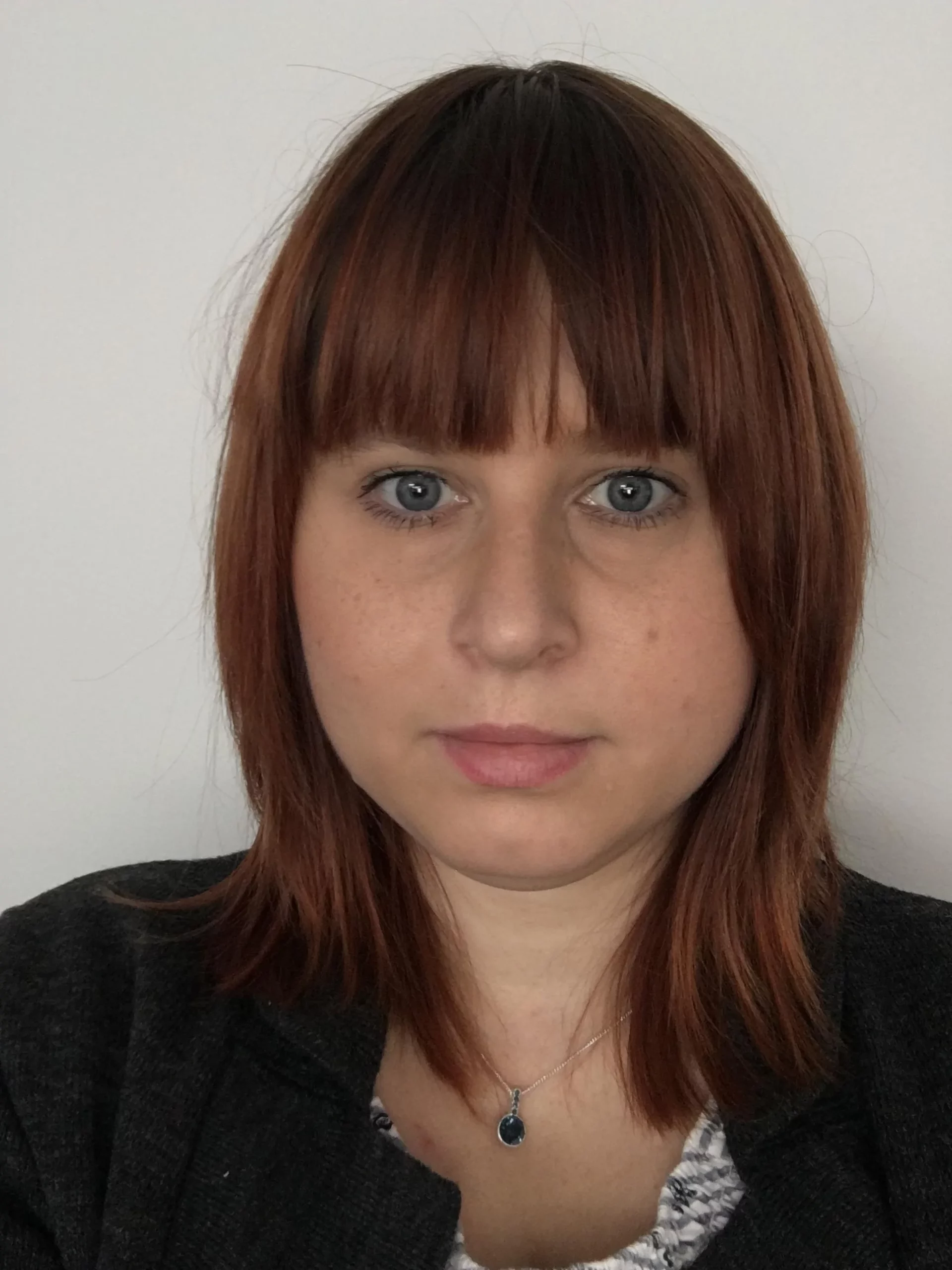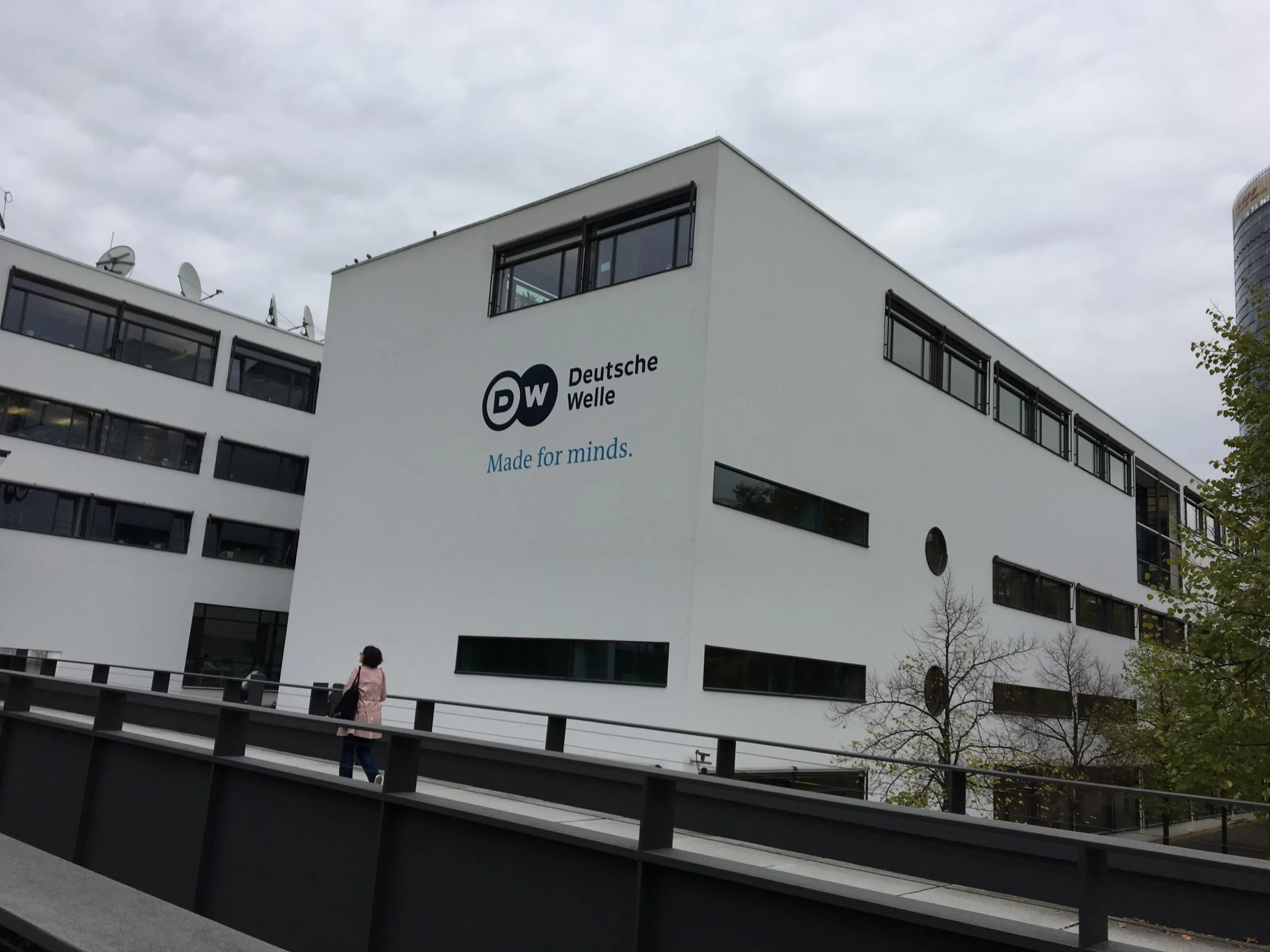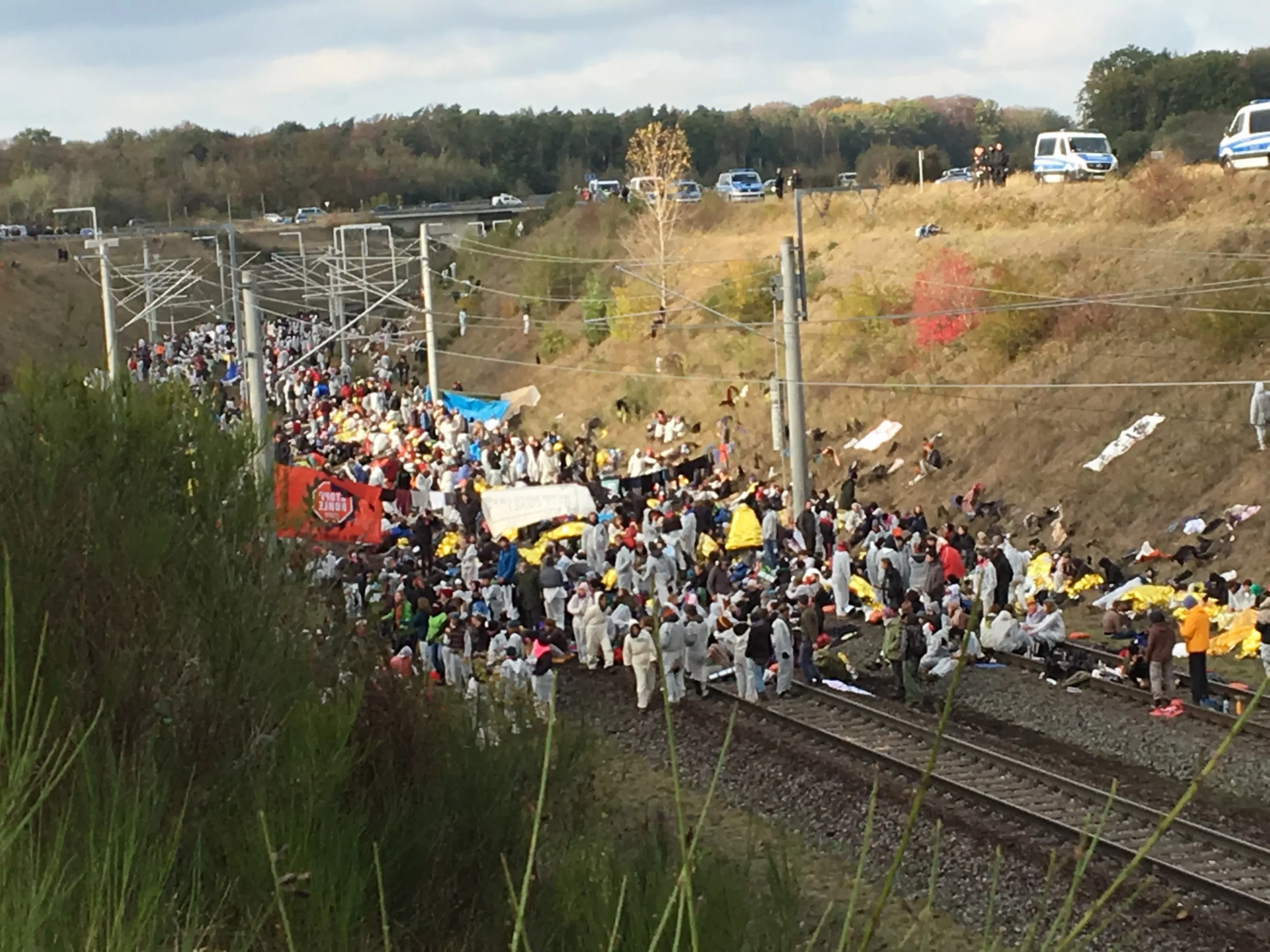Interview: Climate Journalism in Czechia and Germany


Tereza Šťastná of the Czech Radio (Český rozhlas) was a fellow of last year’s “Central Eastern European Climate and Energy Policy Scholarship for Journalists”. For two months, she worked for Deutsche Welle in Bonn to report about climate and energy issues and to broaden her view on these issues. For the second cohort of the exchange programme, she recommends not to worry but to be open to try something new.
Further Information
You worked for two months at Deutsche Welle. What was your best experience during the exchange?
It is not easy to answer. The whole programme was a great experience; I met many new people and experts and could see a different kind of work in another media house. Deutsche Welle is a really big name around the world. The whole programme was a great experience.

What do you think the biggest differences are between climate and energy journalism in the Czech Republic and in Germany?
In my opinion, climate and energy issues are more prominently on the agenda in Germany, while in the Czech Republic the topic is underestimated. For example, renewable energies are a much bigger topic in Germany. I also enjoyed the wide net of experts on the issues, which I found in Germany.
What kind of story did you work on during your time at Deutsche Welle?
I spent some time working on insects as a new way of efficient food and ecological eating. Another story was the programme “Klimaneutral Leben” (climate-neutral living) in Berlin. I also covered the issues around Hambach Forest from two perspectives. On the one side there were activists fighting for Hambach Forest, on the other hand there were workers from the coal industry. (Find other interesting stories here).
Why do you think journalists should leave their own country to participate in an exchange?
Such an exchange can give enriching insight into different kind of issues and various options on how to solve them. It makes you leave the social bubble you might live in when you are always working in the same country on the same kind of topics.

After being back from the exchange, have there been moments when you noticed the advantages of your experiences abroad?
Of course and in many particular moments. When I came back, I told my boss that we should focus more on climate and energy issues and he was very open to the initiative. I think that the number of reports on climate and energy increased by 50 percent since then. For example, I was able to prepare some kind of expert talk shows. I also brought some practical ideas back home to change workflows in our office.

“The number of reports on climate and energy increased by 50 percent.”
Tereza Šťastná, Český Rozhlas
Is there one wish or recommendation you have for the second cohort of journalists of this programme?
Yes definitely. Do not worry to try something new. Do not be afraid of not having necessary experience or skills, because you can learn them. In Germany and in other media around the world, people are kind and helpful. Moreover, you can broaden your network with people and experts. The exchange is absolutely enriching.
